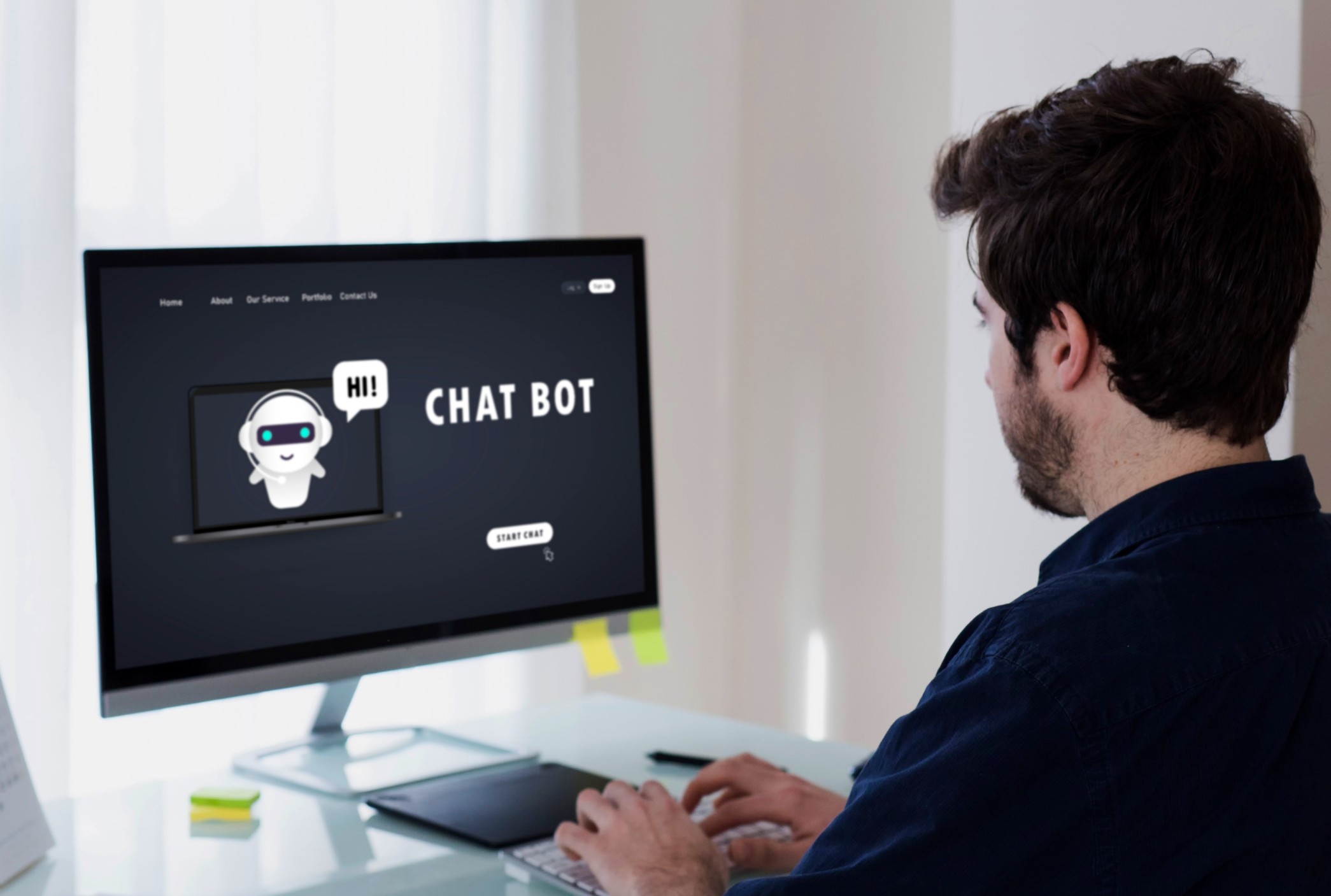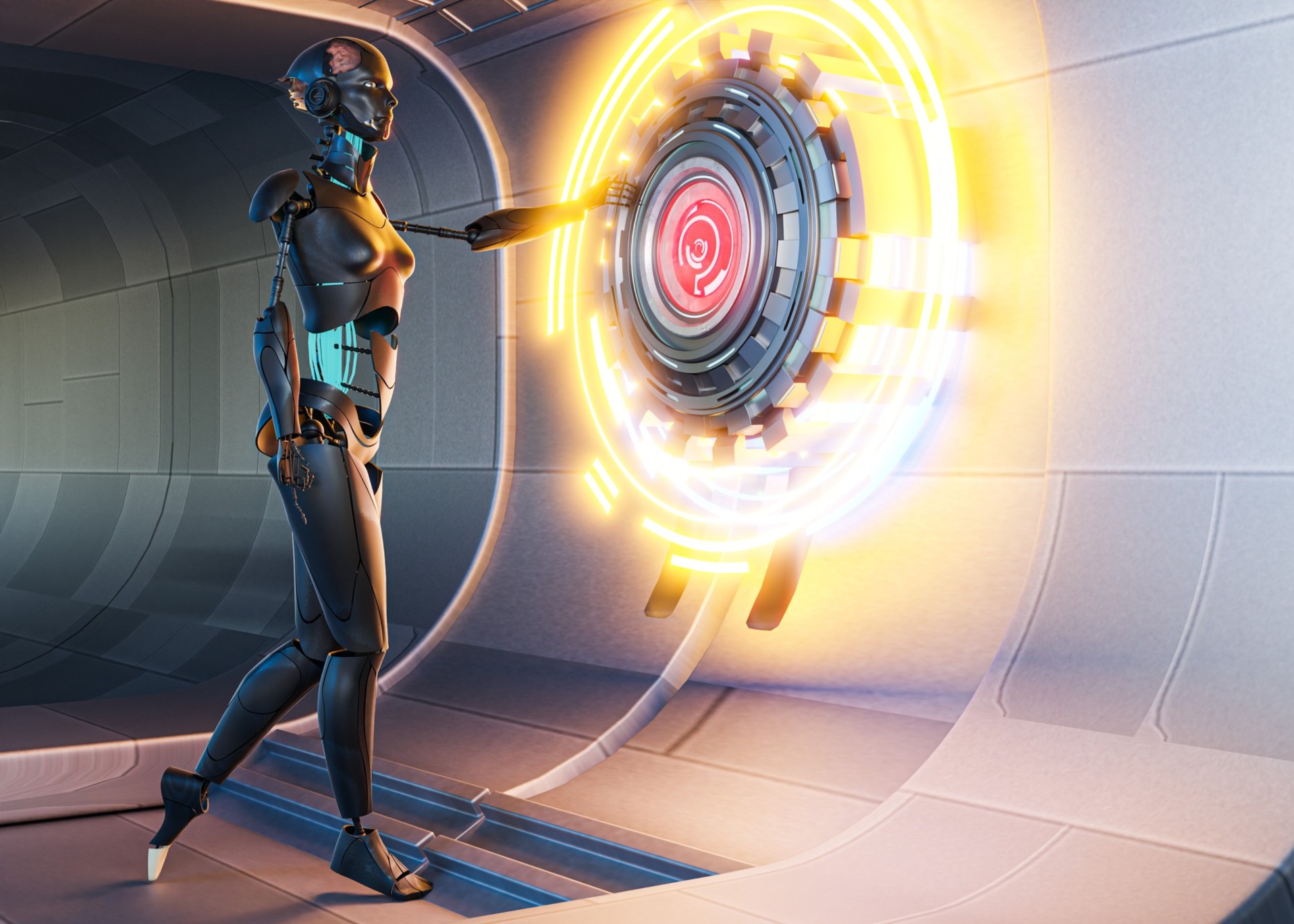
As smart machines continue to evolve, a significant question weighs on the minds of people and experts: Can AI Workforce Transformation jobs assist workers rather than eliminate them? Discussions about Artificial Intelligence often skew towards concern: job losses, robots taking over tasks, and displacing individuals. However, beneath these fears lies a substantial opportunity: utilizing AI not as a replacement, but as a means to enhance human skills.
Table of Contents
What Is AI Workforce Transformation?
AI workforce transformation refers to the major changes in how jobs are performed, supervised, and supported due to the integration of smart machines. By simplifying tasks and creating new roles, AI is reshaping organizational structures, job responsibilities, and skill requirements across various industries.
This transformation is not limited to high-tech sectors. Healthcare, education, finance, manufacturing, logistics, and retail are all experiencing significant shifts due to the implementation of AI.
AI as a Collaborative Tool, Not a Competitor
AI tools can handle monotonous and data-driven tasks, but they still lack essential human qualities such as empathy, creativity, ethical reasoning, and complex decision-making. When utilized effectively, AI can enhance human capabilities rather than compete with them.
Here’s how:
- In healthcare, AI assists doctors in diagnosing illnesses more quickly and accurately, allowing professionals to focus on patient care.
- In education, AI tools support teachers in making learning more accessible for students, enabling them to spend more time engaging and assisting.
- In manufacturing, robots perform repetitive assembly tasks, freeing workers to monitor quality, safety, and innovation.
AI isn’t diminishing the need for human workers; it’s altering the nature of their roles.
AI grows, but we still lead, Human minds, the future’s seed. Not replaced—but redefined, With tech and heart, work realigned.
New Roles and Opportunities Created by AI
As AI tools become increasingly integrated into daily tasks, they also create entirely new job opportunities. Some examples include:
- AI Ethics Officer – ensuring fairness, transparency, and accountability in AI systems.
- Prompt Engineer – crafting inputs to help AI models generate accurate outcomes.
- Machine Learning Operations (MLOps) Specialist – overseeing the real-time operation of AI systems.
- Data Annotators and AI Trainers – teaching models by labeling data and refining outputs.
- Human-AI Interaction Designers – creating user-friendly interfaces for individuals to engage with smart systems.
A report from the World Economic Forum states that AI will create 97 million new jobs worldwide by 2025, while also transforming or displacing others.
The Urgent Role of Reskilling and Upskilling
To truly assist workers, acquiring new skills for different jobs and enhancing existing skills for current ones needs to be a vital part of every AI change plan.
Governments, companies, and schools are investing more resources into job training programs that focus on:
- Data literacy and analytics
- Critical thinking and digital problem-solving
- Cybersecurity and AI model governance
- Collaboration and communication in tech-centered environments
The aim is clear: provide workers with the tools they need not only to adapt to AI changes but to thrive in them.
Challenges to Consider
Despite its potential, AI Workforce Transformation presents several challenges.
- Employment loss without support – Some jobs will vanish faster than workers can upskill.
- Digital disparity – Not all workers have equal access to learning resources or technologies.
- Hesitation and emotional barriers – Workers may feel uncomfortable trusting or collaborating alongside AI.
Addressing these challenges requires thoughtful design, supportive regulations, and a focus on human-centered AI development.
Conclusion: A Human-First Future with AI
So, can an AI Workforce Transformation change help instead of displacing workers? The answer is yes, but only if businesses, government, and society choose to shape the outcome.
Viewing AI as a partner, investing in skills, and emphasizing fairness and inclusion can help us create a workplace where people and intelligent systems grow together. The future of work isn’t about man versus machine — it’s about humans enhancing their abilities with technology to reach new heights of innovation and productivity!


